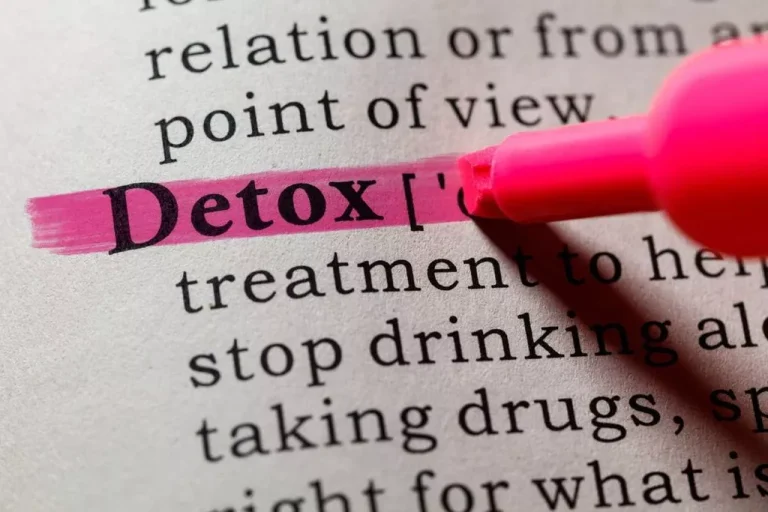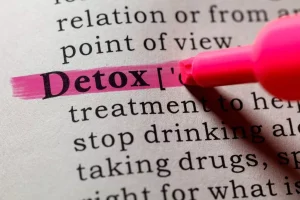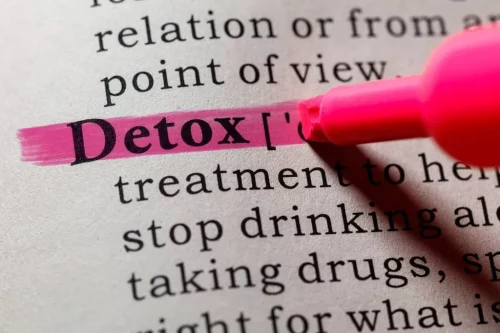
The journey to changing your relationship with alcohol is about progress, not perfection. Whether you’re working towards sobriety or moderate alcohol intake, the most important thing is to keep going. Every day presents a new opportunity to define your goals and make progress towards them. Learning more about your options and the health benefits of cutting back is already https://ecosoberhouse.com/article/causes-of-alcoholism-why-are-people-alcoholics/ a meaningful step.
- Developing the skills to navigate social situations without alcohol is essential for long-term recovery, as it offers a sense of understanding and respect for the individual’s commitment to staying sober and avoiding drinking alcohol.
- It’s possible that this interaction may be how alcohol consumption increases the risk of breast, colon, and other cancers.
- Resources such as SAMHSA’s National Helpline, aftercare support groups, and mutual help organizations like Alcoholics Anonymous (AA) and Narcotics Anonymous (NA) can provide invaluable support for those in recovery.
- And even if you don’t plan to quit, you may find that you lose interest in alcohol after practicing moderation.
Therapy for alcohol dependency
The negative effects of your drinking may have turned you off of alcohol entirely, and that’s completely okay. If your reason for choosing abstinence is simply that you want to, that’s a perfectly valid reason to quit alcohol altogether. Moderation often requires that you take anti-craving medication for an indefinite period of time. alcohol abstinence vs moderation Medication makes it easier to put the brakes on after a drink or two, and sticking to moderation is challenging without it. If you want to resolve problem drinking without medication, abstinence may be a better choice for you.

Abstinence Or Moderation: Is There A Correct Choice?

Alcohol alters brain chemistry, reduces inhibitions, and blurs judgment, potentially weakening willpower and leading to alcohol dependence. This slippery slope can make it extremely difficult for individuals to maintain control over their drinking habits, even if they initially intended to practice casual drinking. When considered as an entire sample of 84 individuals, participants evidenced significant reductions in all three outcomes over the 7 week intervention period (total drinks, drinking days, and drinks per drinking day). Study authors used data from their prior randomized trial that tested two motivational interventions and one comparison condition where individuals were simply encouraged to reduce their drinking taking place over 7 weeks. By combining abstinence and moderation techniques, you can create a dynamic, multifaceted treatment plan that evolves with your needs and circumstances.

There Are Multiple Evidence-Based Roads to Recovery

You’ll meet hundreds of fellow Reframers in our 24/7 Forum chat and daily Zoom check-in meetings. Receive encouragement from people worldwide who know exactly what you’re going through! You’ll also have the opportunity to connect with our licensed Reframe coaches for more personalized guidance. “The short answer is we don’t know if moderation is beneficial, detrimental, or null with respect to health,” he said. “We know excessive intake puts you at major risk for CVD, cancer, cognitive decline, and a whole host of other health ailments — no question there,” said Wallace.
- Support groups based on sobriety, like Alcoholics Anonymous (AA), find success through fellowship.
- For example, the moderation guideline for women is one standard drink or fewer in one day, but a generous drink we might order at the bar can easily amount to two or three standard drinks.
SMART Recovery is a programme of training and tools to support recovery from addiction. Disulfiram (brand name Antabuse) can be used if you’re trying to achieve abstinence but are concerned you may relapse, or if you’ve had previous relapses. How and where you attempt detoxification will be determined by your level of alcohol dependency. In mild cases, you should be able to detox at home without the use of medication as your withdrawal symptoms should also be mild. You may also choose to attend self-help groups, receive extended counselling, or use a talking therapy such as cognitive behavioural therapy (CBT).
- Supportive friends and family members play a crucial role in addiction recovery, offering understanding and respect for the individual’s decision to remain sober.
- If you view yourself as someone who would like to cut back on how many drinks you have a week, then moderation may be best suited for you.
- Rehab facilities achieve this through random urine drug screens, group treatment programs, and care coordination.
- By addressing these challenges head-on, those committed to sobriety can enjoy the many benefits of a sober life, such as improved physical and mental health, better relationships, and increased self-confidence.
- When combined with counseling, this approach is proven highly effective.
- However, a thin line can divide when it’s appropriate to seek treatment or when moderation or abstinence is enough.
- This will give you a good idea of how much alcohol you’re drinking, the situations in which you drink, and how you could start to cut down.
- Embarking on the journey to sobriety is an incredible accomplishment, but maintaining long-term recovery can be challenging.
- Adi Jaffe, Ph.D., is a lecturer at UCLA and the CEO of IGNTD, an online company that produces podcasts and educational programs on mental health and addiction.
Lastly, you can join moderated alcohol support groups to get encouragement and gain accountability in a non-judgmental and secure forum. When a person chooses to be abstinent, it means that they refrain from all alcohol consumption for a duration of time. However, when someone starts on a journey of sobriety, it doesn’t necessarily mean they are committing to a lifetime of abstinence. They may have adopted a sobriety challenge, such as Sober September or Dry January in order to gain the space to re-evaluate their relationship with alcohol.
This idea is so pervasive that most addiction treatment providers actually expel clients for relapsing, a notion that makes no sense to me especially if you believe in the idea that addiction is a chronic disease. In fact, even most research institutions and well-informed providers use total abstinence as the marker for addiction treatment success. While research shows long-term benefits to abstinence, this approach can leave out those who want to change their drinking habits but are not ready to abstain completely. Many treatment facilities require that their “clients” remain substance-free, which may deter those wanting to adapt their relationship with alcohol. The severity of your addiction is a critical factor in determining whether abstinence or moderation is the most appropriate approach for you.